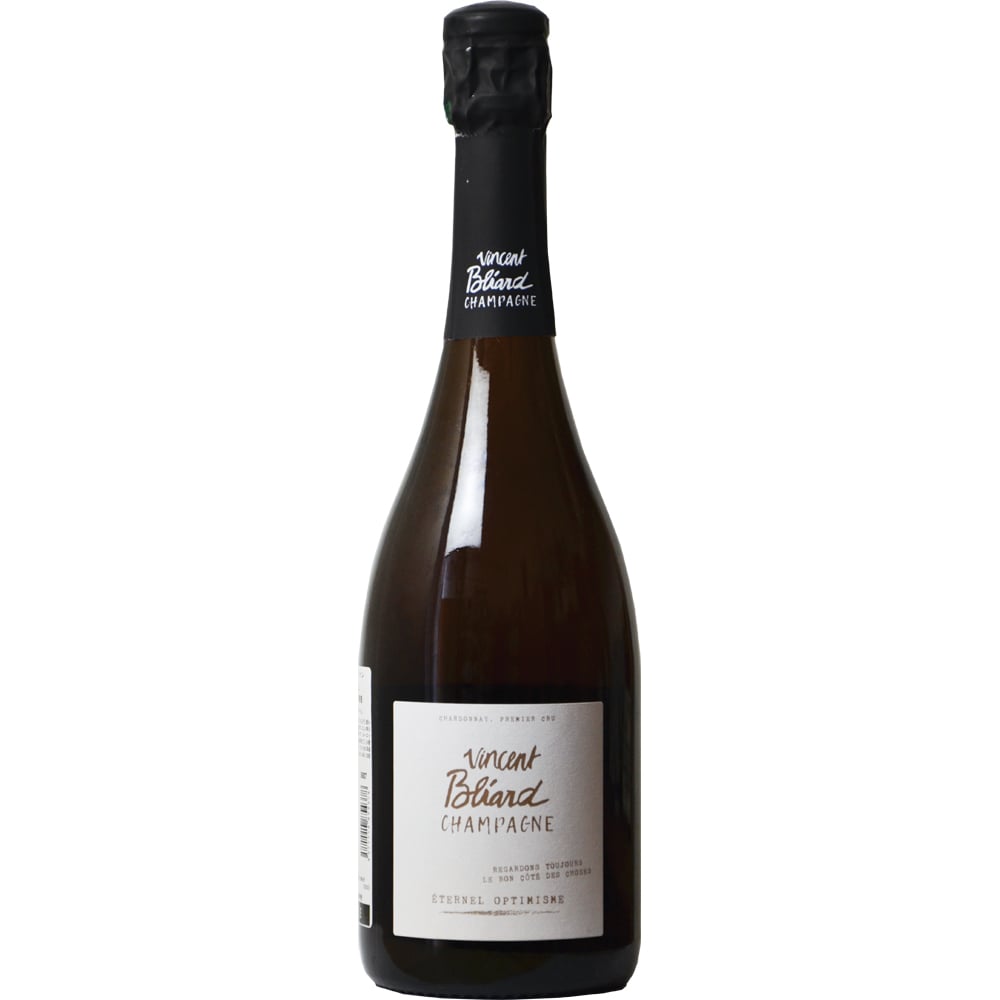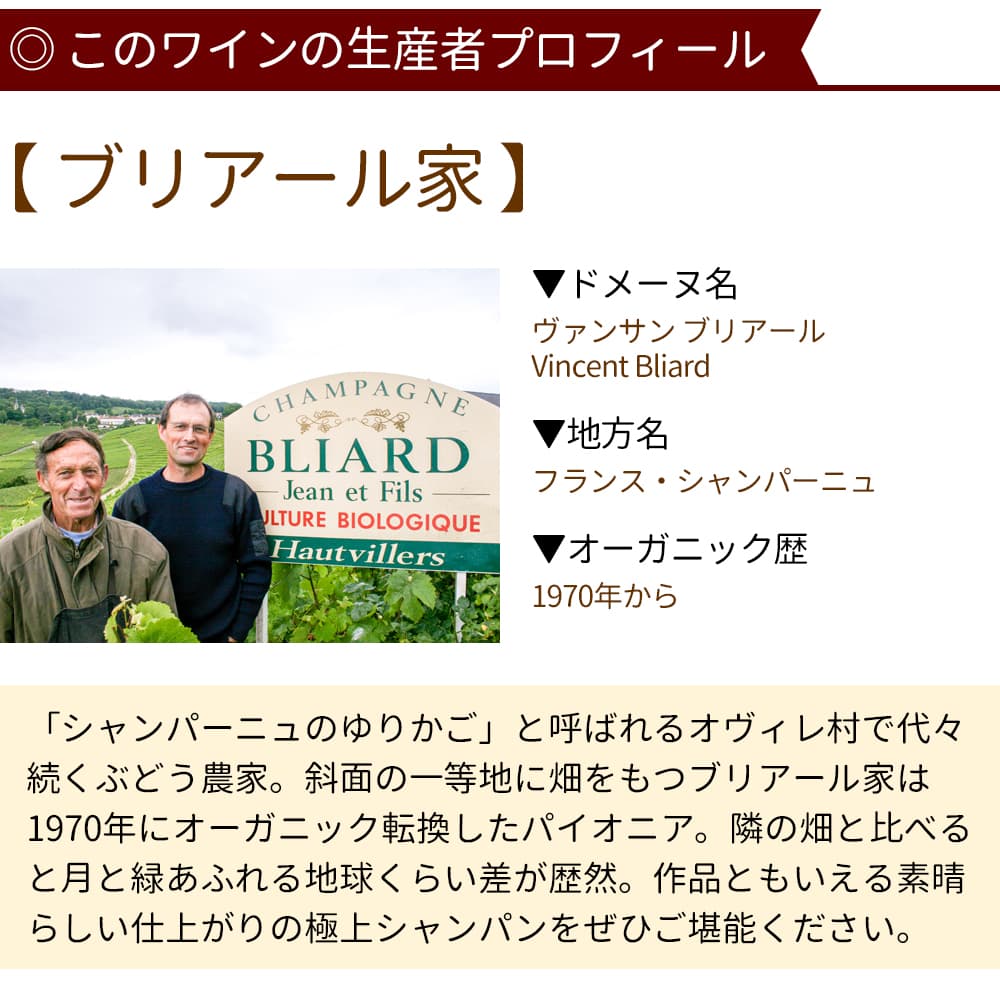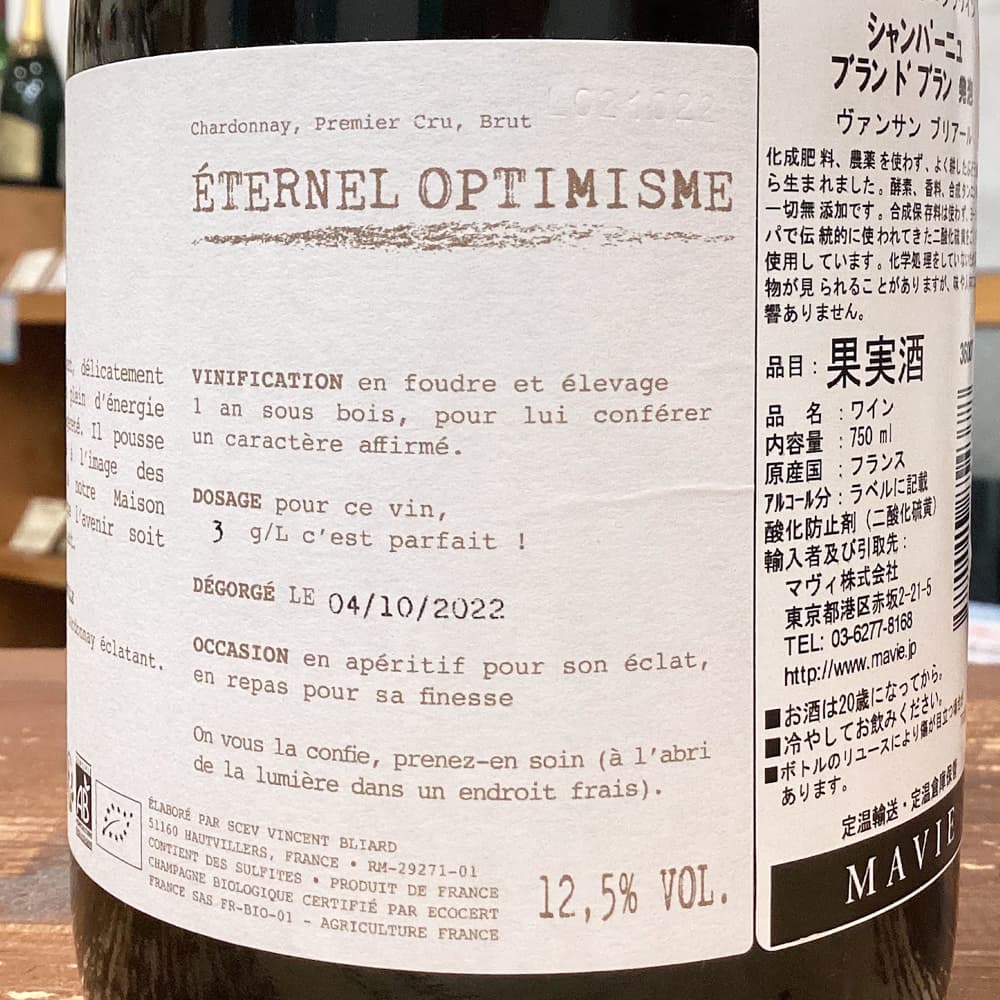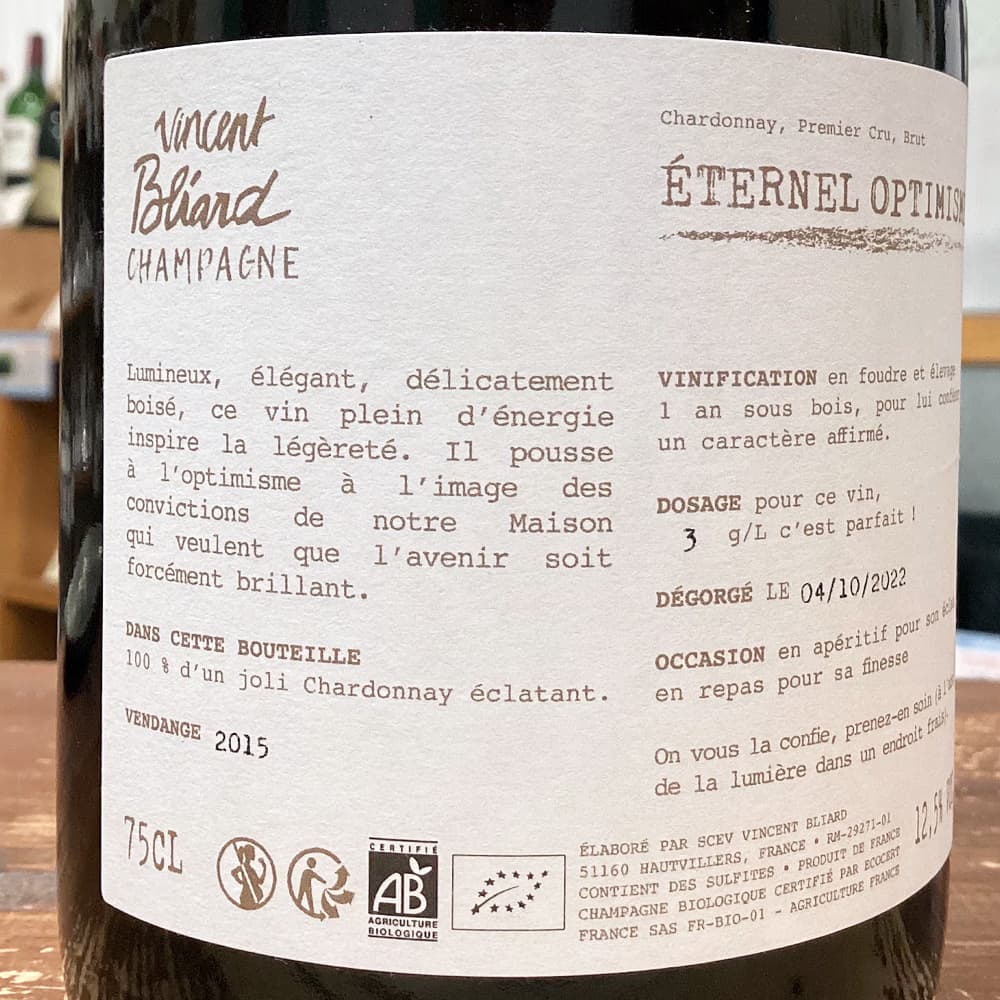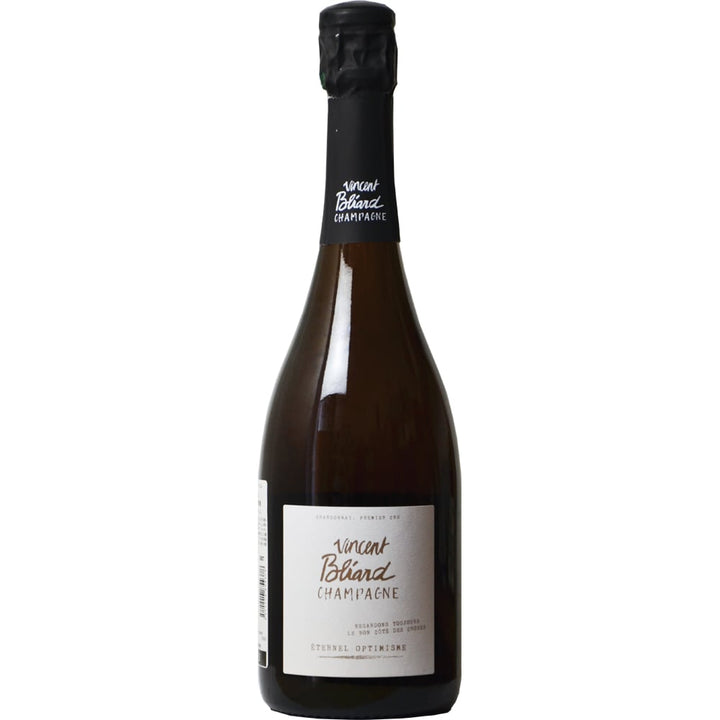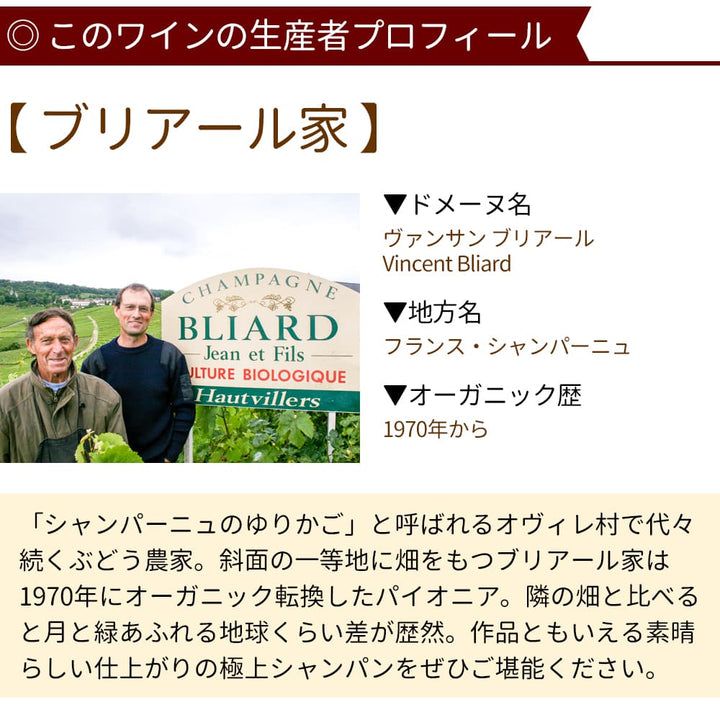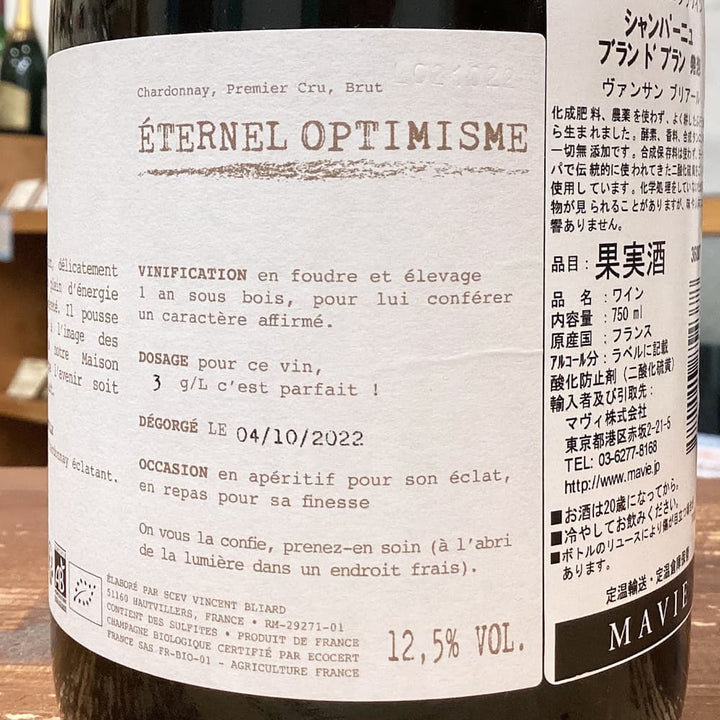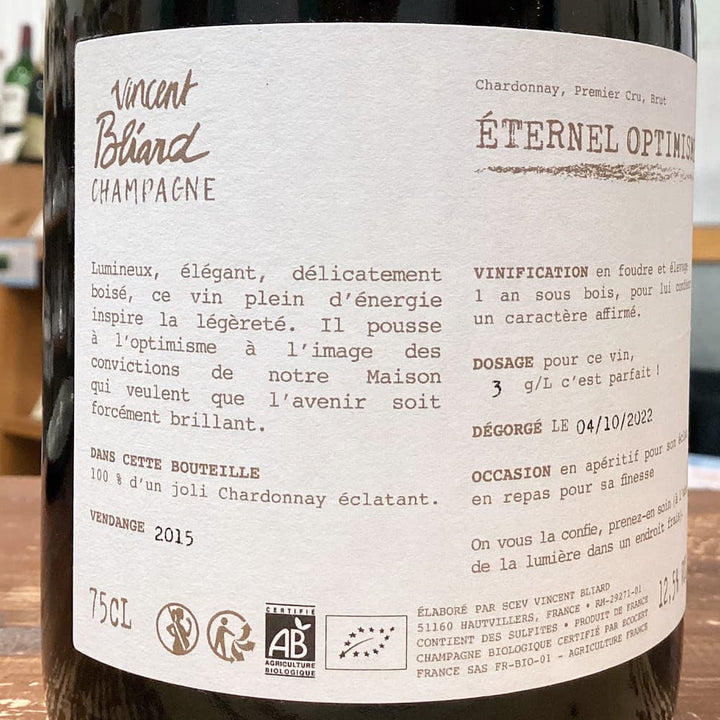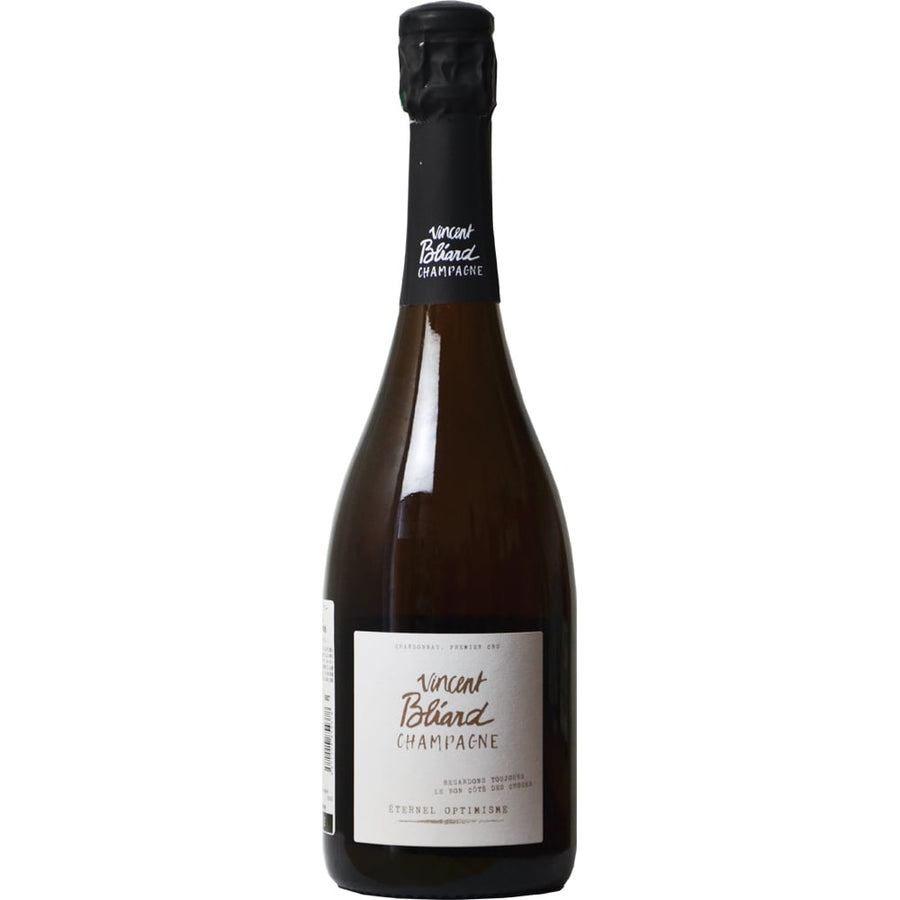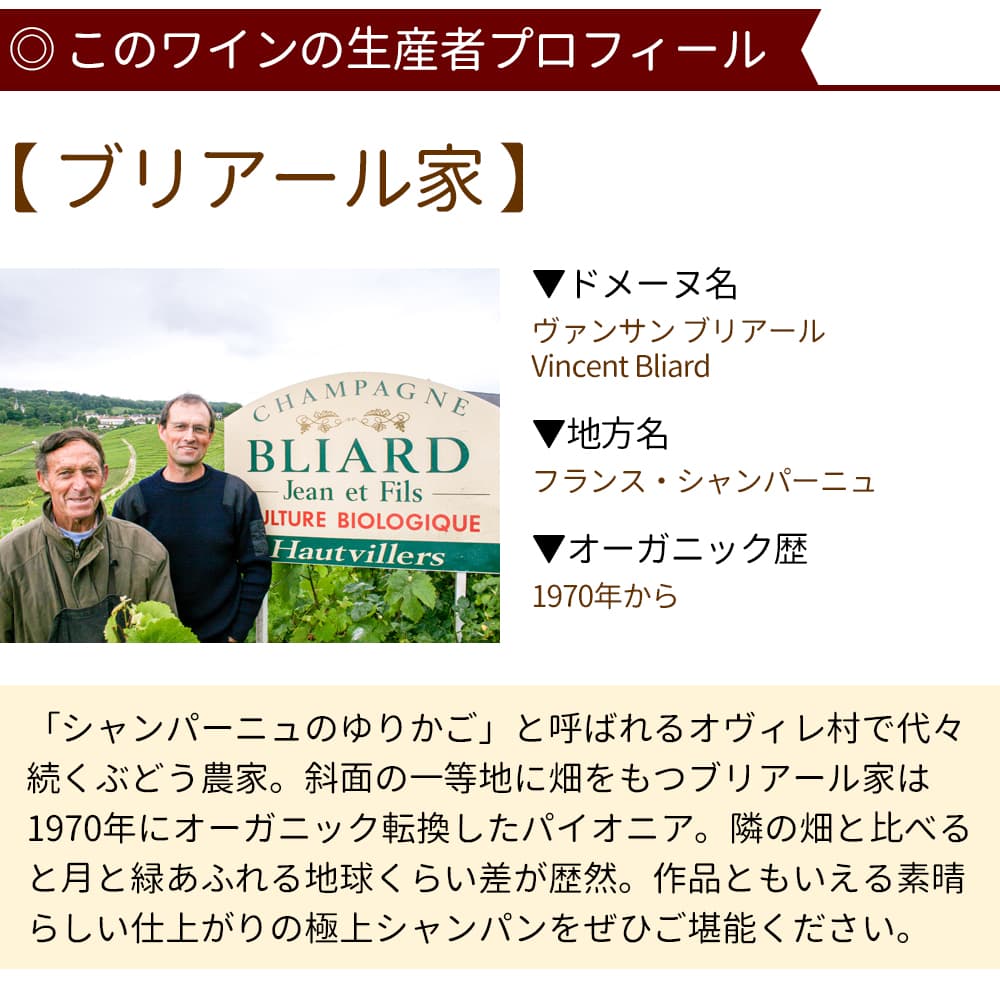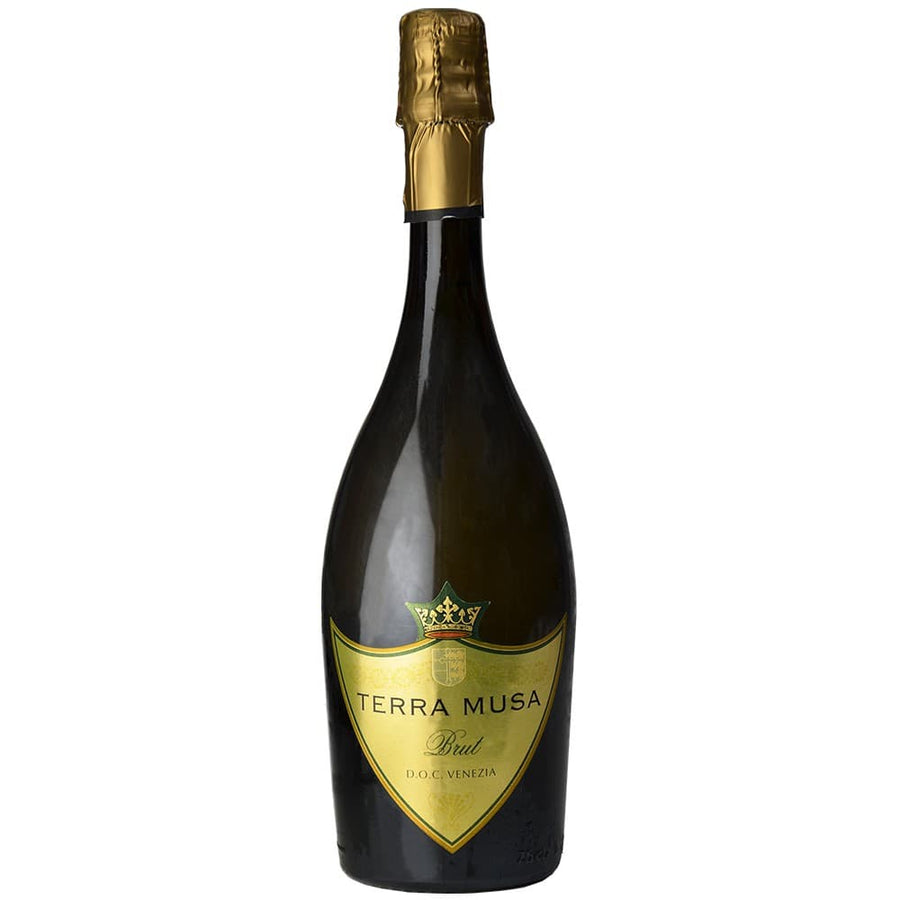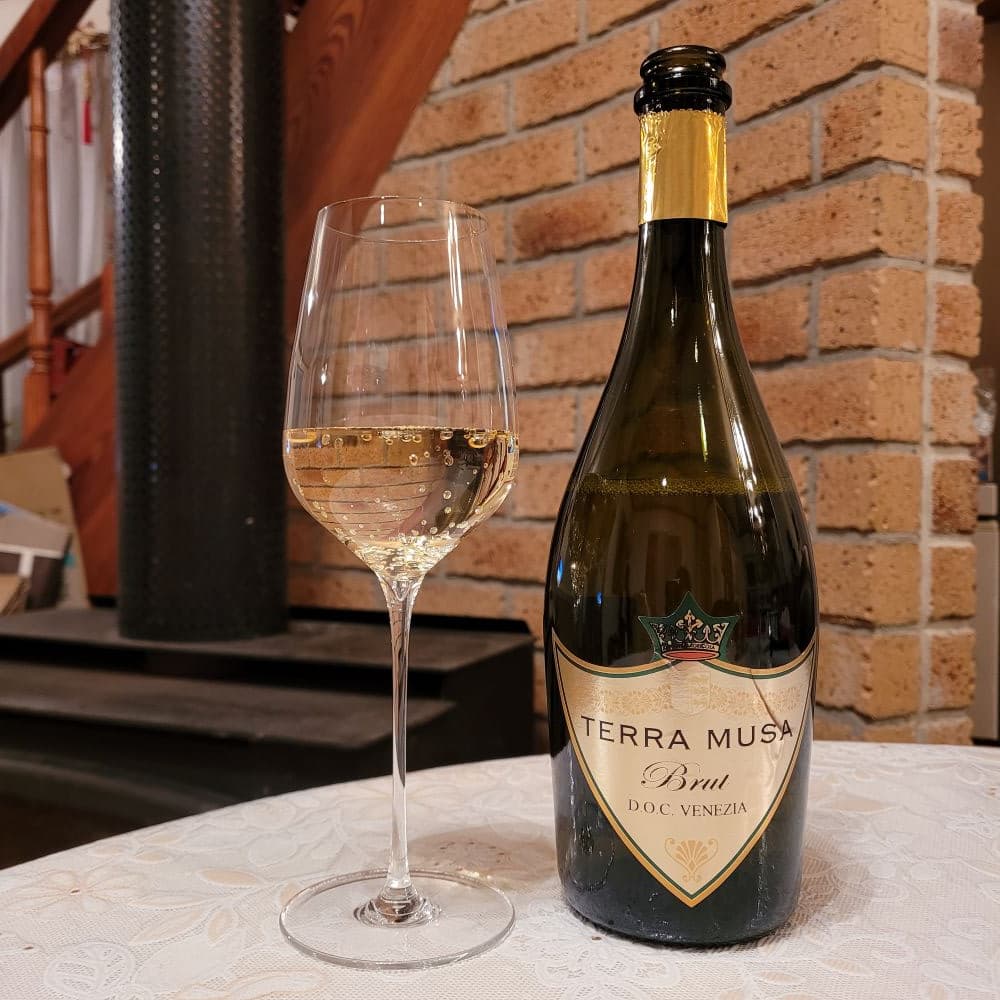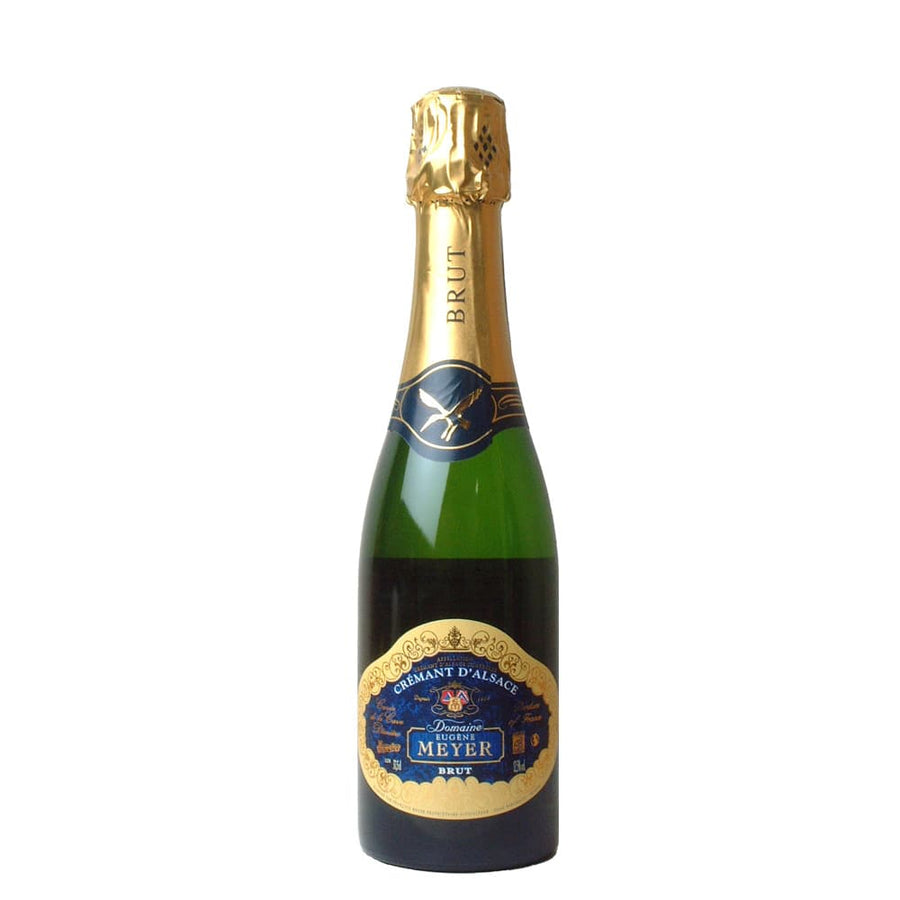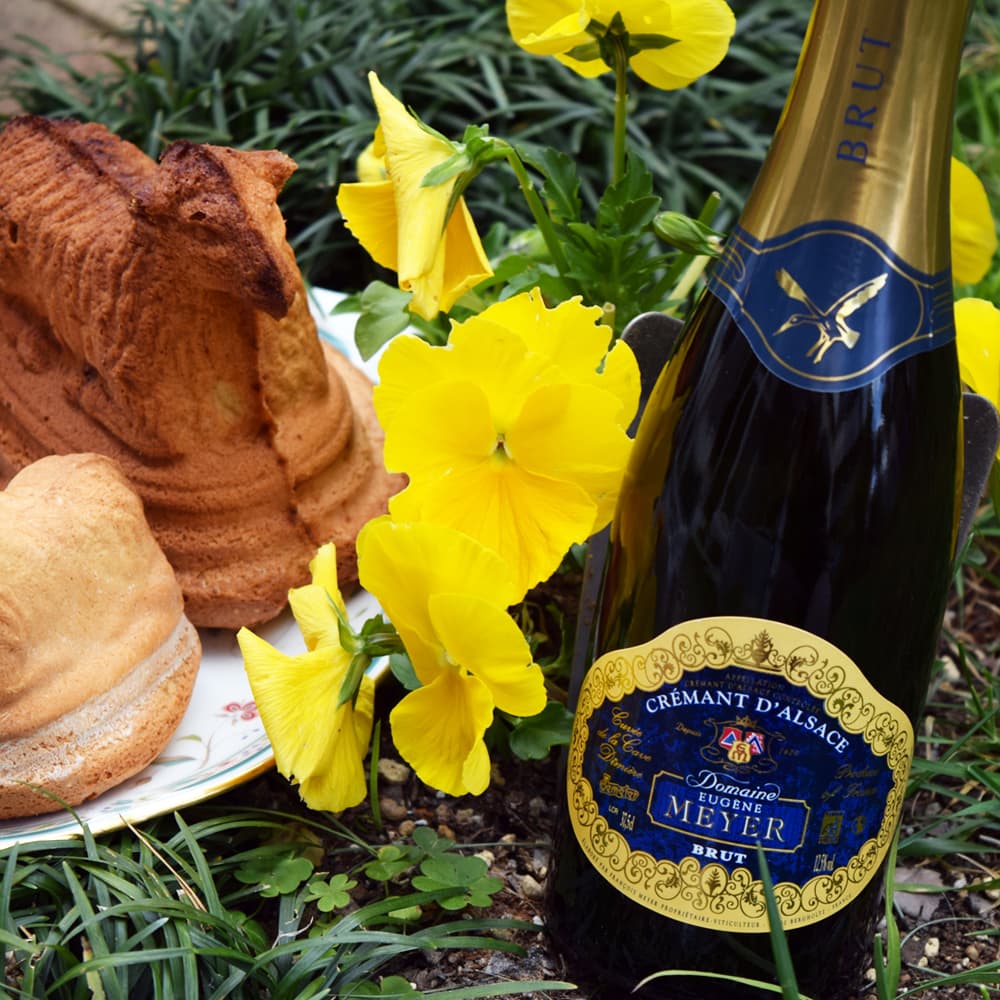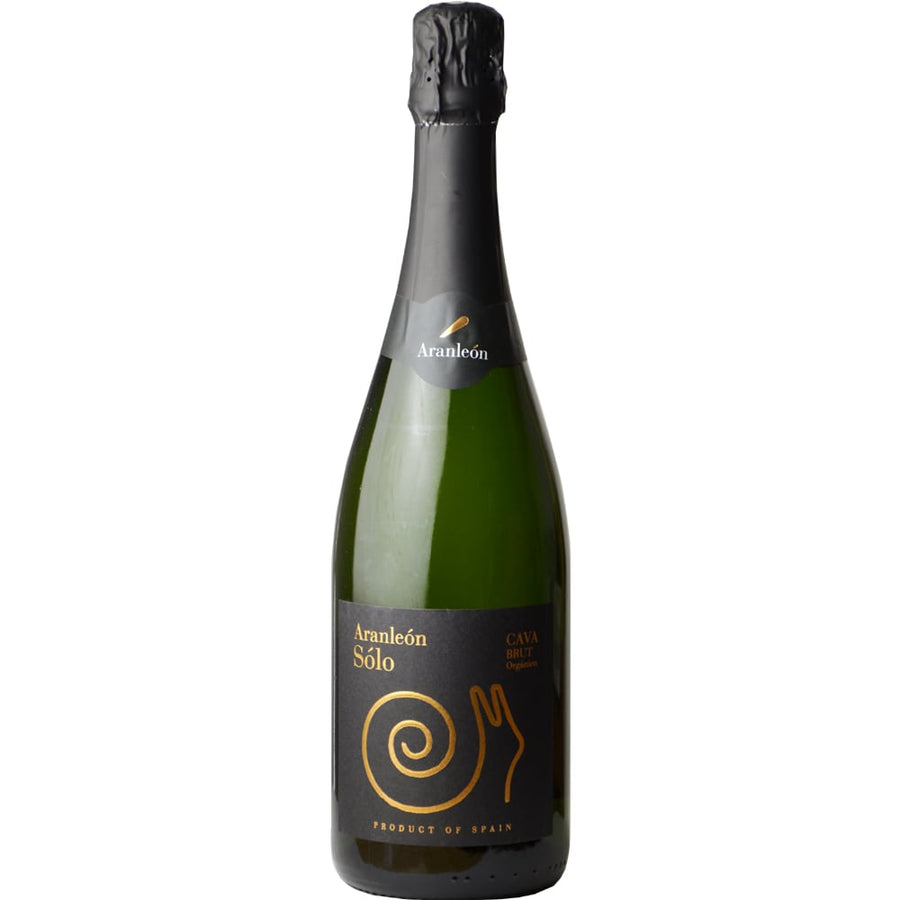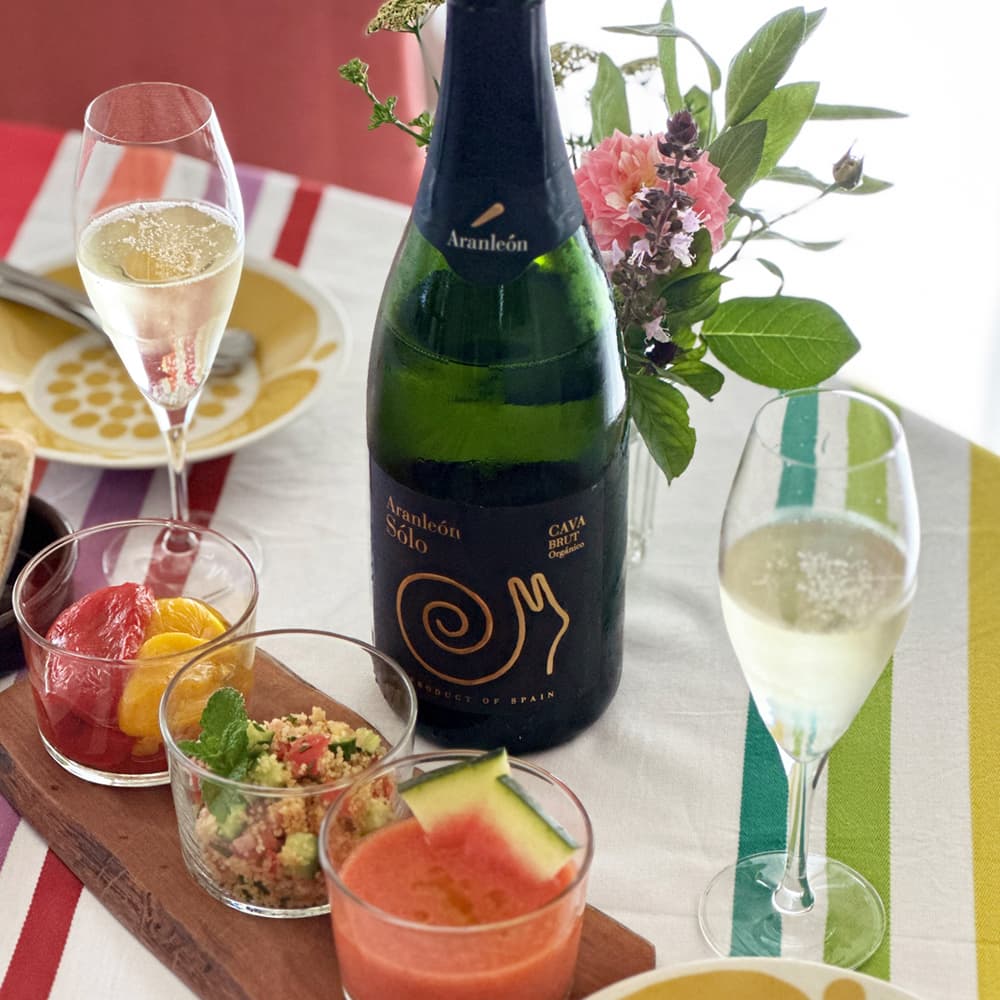This dry champagne is made from grapes grown in a field that is close to the monastery visited by Dom Pérignon, the father of champagne, in the prime location of Auville, also known as the "cradle of champagne." It is made from 100% Chardonnay from a special year, and has a strong mineral aroma with caramel, nuts, honey. The taste is also rich and complex, with a wonderful finish that combines a firm acidity and a rich flavor.
Wine Details
- Type: Sparkling (Brut, dry)
- Origin: Champagne, France
- Producer: Briard family
- Capacity: 750ml (full bottle)
- Product name: Fruit wine
Taste
The aroma is of caramel, nuts, honey, apple, and citrus fruits, with a strong minerality reminiscent of burnt stone.
In the mouth, the bubbles are very creamy and fine. It has a strong acidity and a deep, rich flavor that is just as strong. It has a solid structure, but also a wonderful finish that combines complexity and delicacy. You can feel the flavor of nuts even in the aftertaste, and it has a very long aftertaste.
This is an especially luxurious bottle, produced in very limited quantities only using the Chardonnay grape variety in select years, and is not produced every year.
Grape varieties (click on the variety name to go to the description page for each variety)
Food that goes well with wine
Fish, crustaceans
Foods that go well with sparkling Champagne Blanc de Blancs
About the Briard family
Vincent Bliard (House of Briard)
Organic history: Since 1970
It is located in the village of Auville, known as the "cradle of Champagne." This small-scale producer, which does everything from grape cultivation to brewing and bottling, acquired a vineyard in an excellent location on a southern slope in the 19th century. Located in the north of France, it is influenced by both the Atlantic and continental climates. The temperature is low throughout the year and the sunshine hours are short, but this creates the delicateness that is unique to Champagne. In 1970, when it was said that organic winemaking was impossible in the Champagne region, the former head of the Briard family decided to switch to organic. As he says, there is an overwhelming amount of work to do with the soil, and the soil in the vineyards is soft and produces high-quality grapes. Although grape juice is allowed to be pressed up to the second pressing, only the juice from the first pressing is used, and winemaking continues to uphold the traditions handed down by the Briard family.


